Learning coding offers several benefits for kids, ranging from cognitive development to practical skills that can be valuable in the future. Here are some of the key advantages:
- Improves academic performance: While learning coding students identify problems, attempt solutions, evaluate outcomes, and revise decisions. Students who code develop problem-solving skills and build resilience.
- Problem-Solving Skills: Coding requires logical thinking and problem-solving. Kids learn to break down complex problems into smaller, more manageable parts, which can be applied to various aspects of life.
- Creativity and Innovation: Coding is a creative process. Kids can use code to bring their ideas to life, whether it’s building games, websites, or apps. This fosters creativity and encourages them to think innovatively.
- Computational Thinking: Coding teaches computational thinking, which involves organizing data, making decisions, and solving problems efficiently. This mindset can be useful in many fields beyond programming.
- Improved Math Skills: Coding often involves mathematical concepts, such as algebra and geometry. Kids can strengthen their math skills while coding and see real-world applications of these concepts.
- Logical Reasoning: Coding requires precise and logical thinking. Kids learn to write code that follows a set of rules, and this can enhance their ability to think logically and critically.
- Persistence and Resilience: Coding can be challenging, and kids often encounter errors and bugs. Overcoming these obstacles teaches them persistence, resilience, and the value of trial and error.
- Digital Literacy: In today’s digital age, understanding how software and technology work is essential. Coding helps kids become digitally literate and better equipped to navigate the digital world.
- Future Job Opportunities: Coding skills are in high demand in the job market. By learning to code at a young age, kids can prepare themselves for potential career opportunities in technology-related fields.
- Project Management: Coding often involves working on projects, which can teach kids project management skills, including planning, organization, and time management.
- Collaboration: Coding is not always a solo endeavor. Kids can collaborate with others on coding projects, improving their teamwork and communication skills.
- Confidence Building: Successfully creating something with code can boost a child’s confidence and self-esteem. It shows them that they can tackle complex challenges and accomplish their goals.
- Fun and Engaging: Many coding activities for kids are designed to be fun and engaging. Learning through play can make coding an enjoyable and fulfilling experience.
- Adaptation to Technology: As technology continues to advance, coding skills become increasingly valuable. Learning to code early can help kids adapt to and embrace new technologies.
- Cross-Disciplinary Skills: Coding is not limited to programming jobs. It can be applied in various fields, including science, art, finance, and more. Learning coding provides a foundation for interdisciplinary learning.
In summary, learning coding at a young age offers numerous cognitive, practical, and personal benefits for kids. It equips them with skills that are valuable in various aspects of life and prepares them for a future where technology plays a central role.

